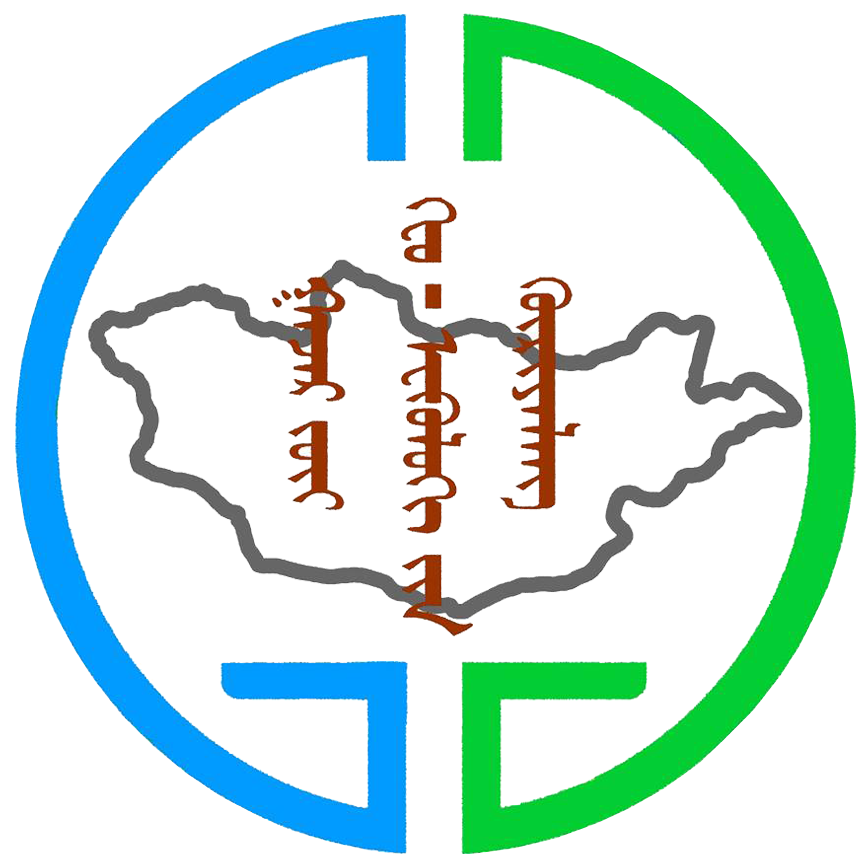This study examined the growth of Scots Pine of different ages growing in the Tujyin Nars National
park, located in Selenge aimag in the north of Mongolia. A total of seven, 50 x 20 m (0.1 ha) sized sample
plots were established using a completely randomized sampling design. The tree growth monitoring was
carried out between 2003 and 2017, by an annual repeated measurement at the end of each growing
season. The total height, annual height increment and diameter at breast height were measured at sample
plots and tree samples were taken for laboratory analysis. For statistical analysis, a one-way analysis of
variance (one-way ANOVA) and F-test were applied. Our findings showed that the annual height (F=15.21,
P<0.0001) and radial increments (F=15.76, P<0.0001) varied among plantations commensurate to their
age. Our study showed that the tallest height (46.5±6.1 cm) and radial (4.1±0.8 mm) increment occurred in
plantations that were 12 and 10 years old respectively. Therefore, a strong positive correlation (R2 = 0.99)
between tree increment and plantation age was observed in plantations below 12 years of age. After this
age, increment values were relatively stable, which tended to gradually decrease with plantation age. Our
findings confirm that if this initial planting design is followed during the establishment of a plantation, it
may lead to overcrowding with plantation age; therefore, implementation of a thinning practice is necessary
after a plantation reaches 12 years of age.The ever-decreasing trend of both radial and height increments in
plantations beyond 12-years of age supports the importance of thinning as a practice to reduce competition
and to support the growth of remaining trees in older plantations..
